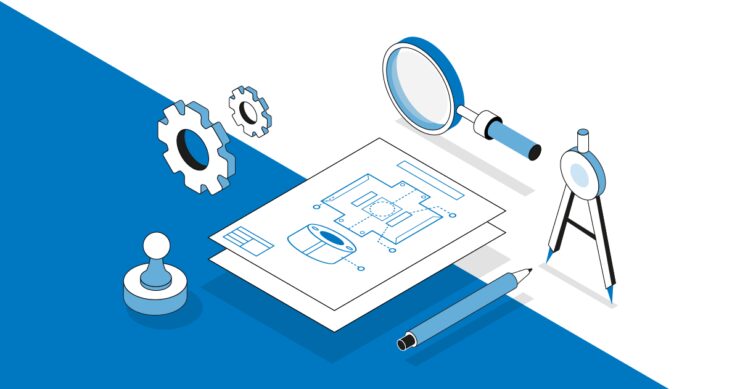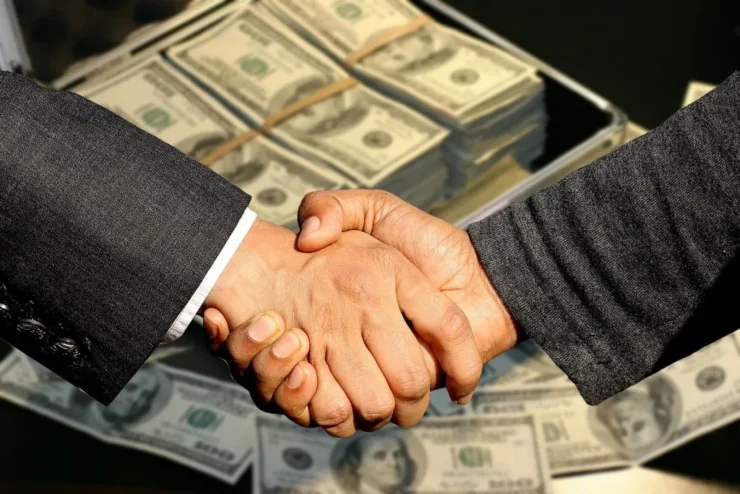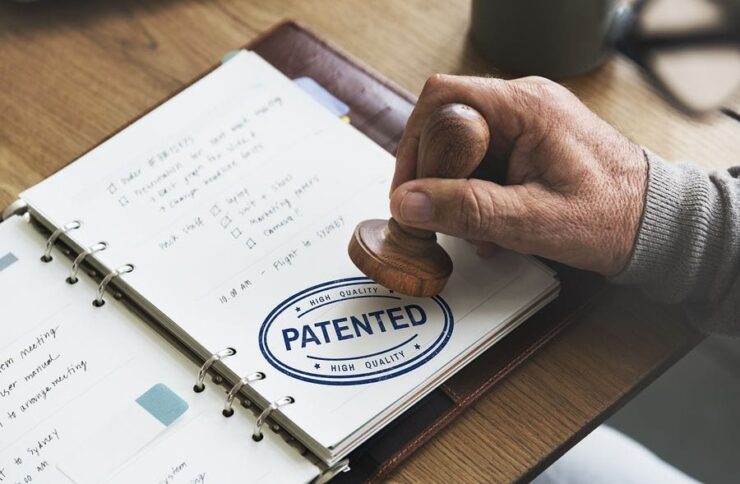You’ve probably researched the topic before opening this article, and if so, you’ve most likely learned that a patent is a property granted by a government that is used by individuals to prevent other people from manufacturing, utilizing, selling, marketing, and/or importing an invention.
If you have a great idea for inventing something, you might be wondering whether or not the inventor is always the proprietor of a patent. To give you an answer to this question right away, no, the proprietor isn’t always the owner of it, and to make things easier for you to comprehend, here is a list of the most frequently asked questions about this subject:
1. Is Being a Proprietor The Same as an Inventor?

As we’ve already mentioned, ownership and inventorship aren’t the same things and these two concepts must never be mistaken for one another, especially since confusing them can lead to some legal issues. Additionally, it’s important that you know that the definitions of these two concepts could be different from one country to the next, thus, make sure that you research and know what your country considers them to be.
Generally speaking, ownership is most commonly connected with an individual or several people who are the owners of the intellectual property revolving around an invention. On the other hand, inventorship is connected to an individual or several people who have taken part or given some contribution to creating the invention. As you can see from these two definitions, the concepts are virtually different from one another.
2. If I Obtain a Patent, What Rights Will I Have?
The first thing that you should know is that the rights that a patent can provide you with are categorized into two groups – financial and moral rights. As the name implies, moral rights are personal and are provided to the inventors – the people who have give a contribution to inventing something. However, when it comes to financial rights, they’re always given to the person who actually owns the invention.
Financial rights are created so that the owner can restrict other individuals from using the patent without given authorization, meaning that no one else – except the owner – could manufacture, utilize, trade, advertise, or import the creation inside or outside of the nation where the patent has been given. You should know, there are various organizations that can help you obtain a patent, which leads us to the next point in this article…
3. Can I Apply For Obtaining a Patent?

You’ll only be capable of applying for a patent if you’re the legal owner of the invention. This means that, if you haven’t assigned it to other individuals by signing a contract – more on this later on – you could apply for it. You should keep in mind, if you need some help obtaining a patent or if you want to learn more about the entire process, you could check this website out and see some InventHelp reviews.
4. As a Developer, What Will Moral Rights Supply me With?
If you’re a developer, meaning that you’ve given to the idea of the creation, the moral privileges will provide you with the freedom to have your name connected to the creation. This means that you’ll be named as a designer and your name could be cited on the certification that is given when a patent is obtained. This will be true, no matter if you legally own it or someone else does.
5. As an Investor, Call I Sell The Patent?

To put it as simply as possible, no, you won’t be able to either trade or transfer your rights to another individual. This suggests that any and all agreements made by you and another individual that wants to use the item created are completely illegal in all countries – for example, you cannot copy and sell a movie that has come out in cinemas since you don’t have financial rights to that particular product, thus, you could face legal issues and hefty fines.
6. Can Several People Be Inventors?
Of course! Almost all inventions that result from analysis in academic settings and large enterprises are the outcome of collaborative work and efforts between several people. If 2 or more people contribute to the idea of the patent, they’re almost always referred to as co-creators – or co-inventors, This suggests that every single individual who gave a contribution has the privilege of moral rights, a.k.a., they can be mentioned as creators on the patent certification.
7. What Are The Essentials to Be an Inventor?

The first thing that you must remember is that the lawful requirements to be a creator will vary from one nation to the next. Nevertheless, generally speaking, an inventor is recognized as an individual that has provided one creative process and concept. Keep in mind, the assistance should be significant at some part at the beginning stages, thus, to determine this, the contributions must be evaluated properly and entirely.
8. What if I Don’t End up on The Certification, But Should Be There?
Lastly, you might be wondering what occurs if you aren’t added to the patent certification, but should be there. To put it as simply as possible, if this is something that happens to you, there is a rectification process that can be completed to fix the mistake in the certification. Again, the requirements to complete this process will vary from one nation to the next, thus, if this occurs, you should do some digging to see what steps you should take.
Conclusion
As you were able to learn, ownership and inventorship are two, entirely different concepts. If you’ve contributed to someone creating an invention, you’ll fall into the inventorship category and if you’re the one who has created something on your own, you’ll be the complete owner of the patent.
Since you’re now well aware of all things revolving around this topic, you really shouldn’t waste any more of your time reading articles such as ours. Instead, you might want to find an organization that’ll make applying for a patent easy, quick, and more importantly, less daunting and stressful for everyone involved.

